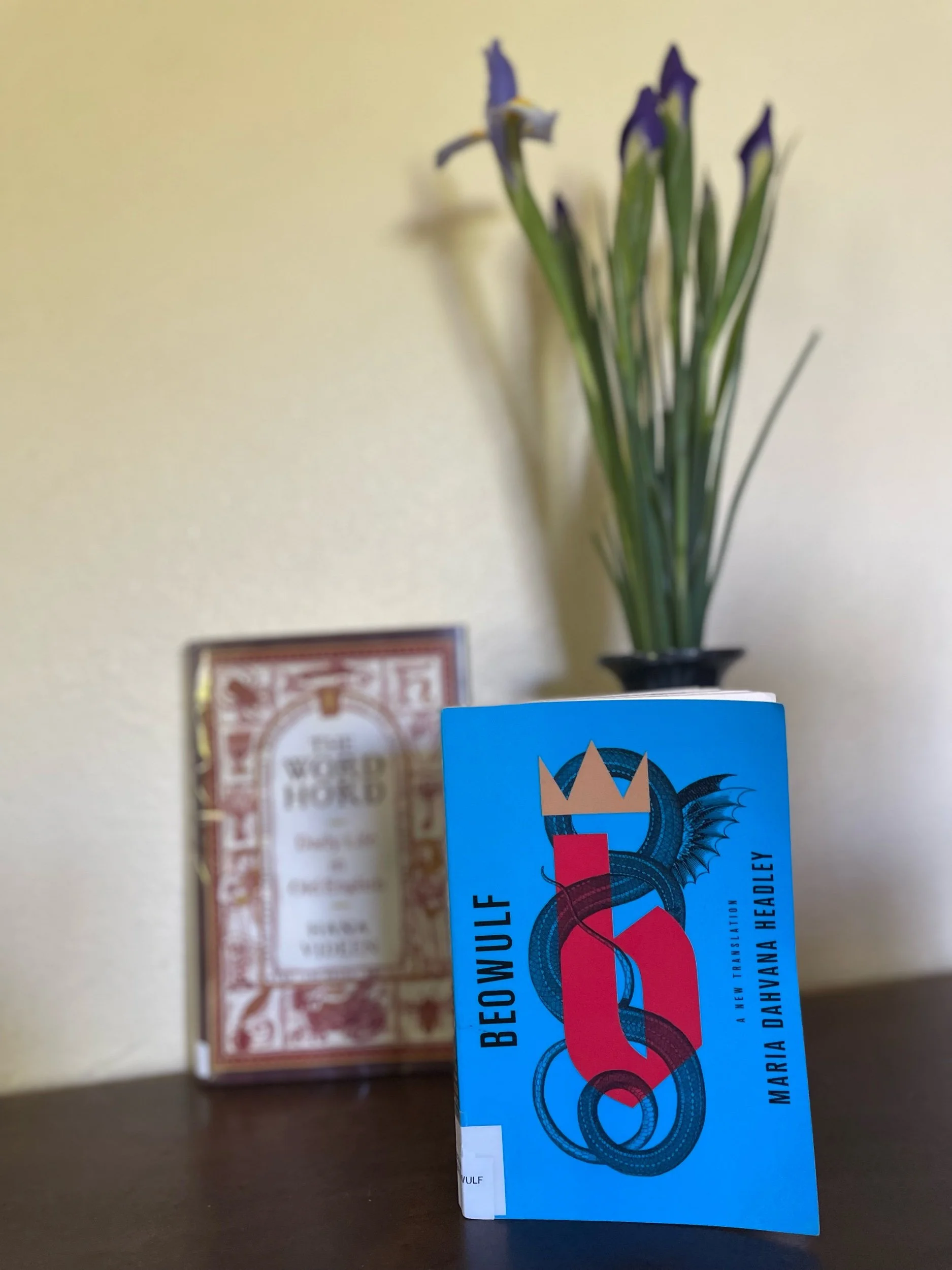Maria Dahvana Headley’s new translation of the iconic Old English poem, Beowulf (2020) presents modern readers with a perfect blend of direct translations of Old English phrases and hyperbolically contemporary verbiage. Indeed, she translate kenning (the compound word phrases frequently used in Old English poems) after kenning alongside words like “bro,” “hashtag,” and, yes, “fuck” (although the later may well have been frequently used among the warrior class of individuals depicted in Beowulf). What Headley presents is not traditional high poetry like that championed by many medievalist of yesteryear (among them the likes of Tolkien), but it is lyrical, delightfully readable, and very accessible. What’s more, it is arguably representative of the original feel of Beowulf’s oral roots. Alliterations and lyrical turns of phrase collide with 21st-century slang in Headley’s entertaining and approachable new translation of this oldest of English poems.
A few of my favorite reads…
CONTEMPORARY & CANONICAL ǁ NEW & OLD.
Fiction ※ Poetry ※ Nonfiction ※ Drama
Hi.
Welcome to LitReaderNotes, a book review blog. Find book suggestions, search for insights on a specific book, join a community of readers.


